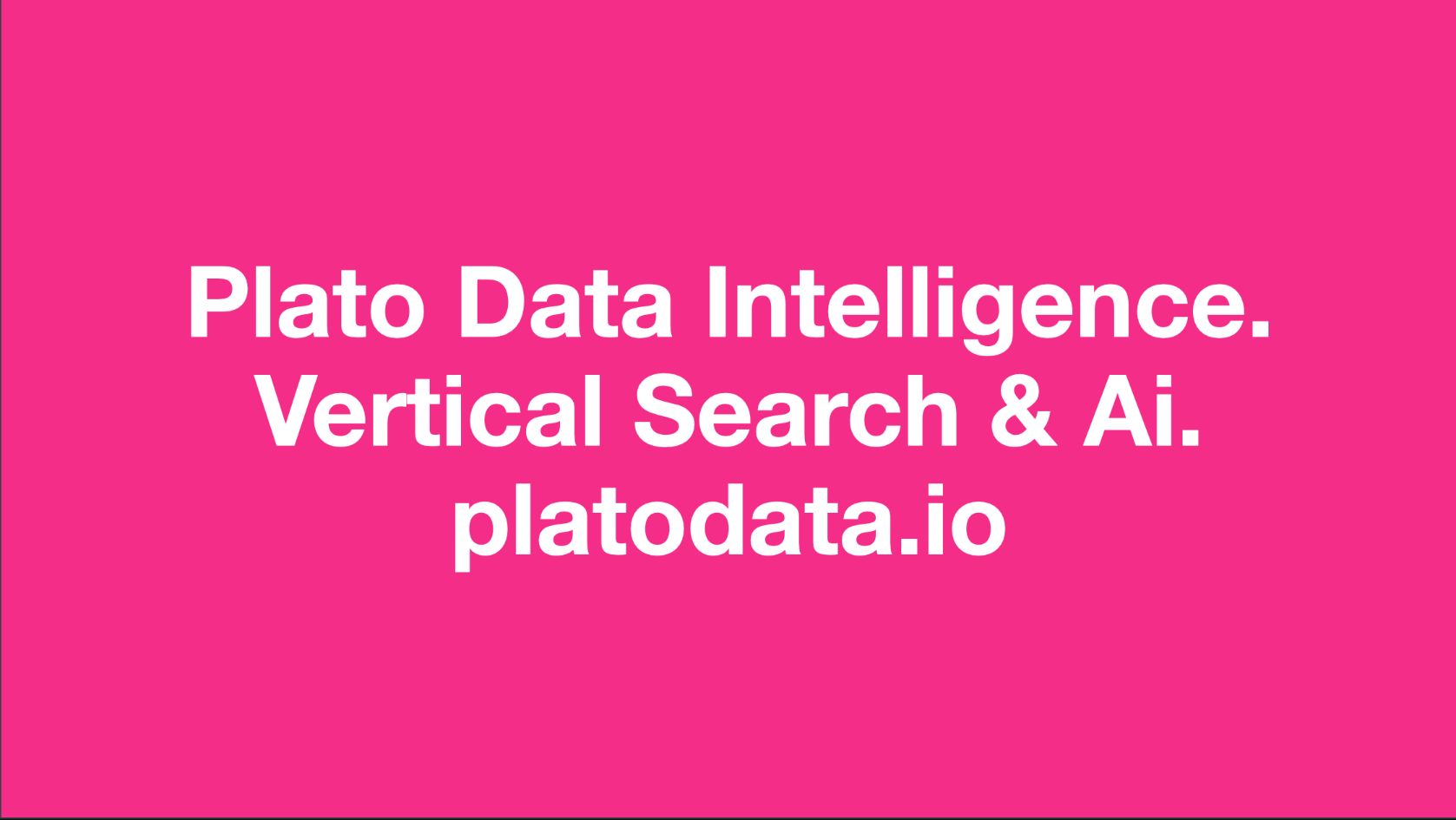
IBM’s CEO, Arvind Krishna, recently made a bold prediction about the future of artificial intelligence (AI) and quantum computing. He believes that we are on the cusp of a revolutionary shift in these technologies, similar to the “Netscape moment” that marked the beginning of the internet era.
For those who may not remember, Netscape was a web browser that was released in 1994 and quickly became the dominant player in the market. Its success paved the way for the widespread adoption of the internet and transformed the way we live and work. Krishna believes that AI and quantum computing are poised to have a similar impact on society.
So, what exactly is AI and quantum computing, and why are they so important? AI refers to the ability of machines to perform tasks that would normally require human intelligence, such as recognizing speech or making decisions. It has already had a significant impact on industries such as healthcare, finance, and transportation, and is expected to continue to grow in importance in the coming years.
Quantum computing, on the other hand, is a relatively new field that involves using quantum mechanics to process information. Unlike traditional computers, which use bits (either 0 or 1) to represent data, quantum computers use qubits, which can exist in multiple states at once. This allows them to perform certain calculations much faster than traditional computers, making them ideal for tasks such as simulating complex chemical reactions or optimizing supply chains.
Krishna believes that the combination of AI and quantum computing will be transformative, allowing us to solve problems that were previously impossible to tackle. For example, he envisions using AI to analyze vast amounts of data from sources such as medical records and social media to identify patterns and make predictions about disease outbreaks or other public health issues. Quantum computing could then be used to simulate the spread of diseases or test potential treatments much more quickly than is currently possible.
Of course, there are still many challenges to overcome before we can fully realize the potential of these technologies. For example, quantum computers are still relatively expensive and difficult to build, and there are still many unanswered questions about how to program them effectively. Additionally, there are concerns about the ethical implications of AI, particularly when it comes to issues such as privacy and bias.
Despite these challenges, however, Krishna remains optimistic about the future of AI and quantum computing. He believes that we are on the verge of a new era of innovation and discovery, one that will be driven by these powerful technologies. Whether or not his prediction comes true remains to be seen, but one thing is clear: the future of technology is looking very exciting indeed.
- SEO Powered Content & PR Distribution. Get Amplified Today.
- Minting the Future w Adryenn Ashley. Access Here.
- Buy and Sell Shares in PRE-IPO Companies with PREIPO®. Access Here.
- PlatoAiStream. Web3 Data Intelligence. Knowledge Amplified. Access Here.
- Source: https://zephyrnet.com/ibms-ceo-sees-a-netscape-moment-in-ai-powerful-future-of-quantum-computing/
- SEO Powered Content & PR Distribution. Get Amplified Today.
- PlatoAiStream. Web3 Data Intelligence. Knowledge Amplified. Access Here.
- Minting the Future w Adryenn Ashley. Access Here.
- Buy and Sell Shares in PRE-IPO Companies with PREIPO®. Access Here.
- Source: https://platodata.network/platowire/ibms-ceo-predicts-a-revolutionary-shift-in-ai-and-quantum-computing-similar-to-netscape-moment/



